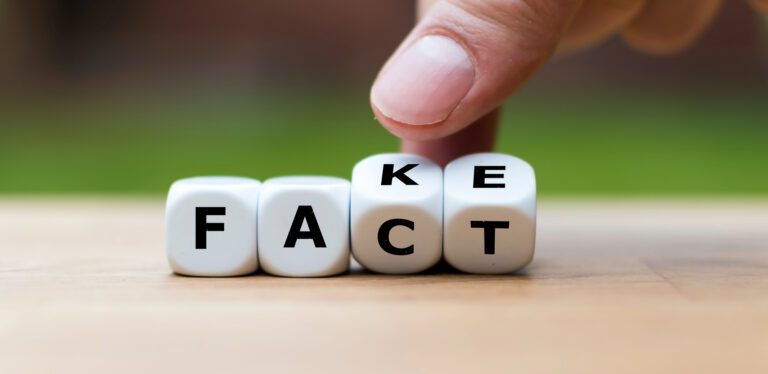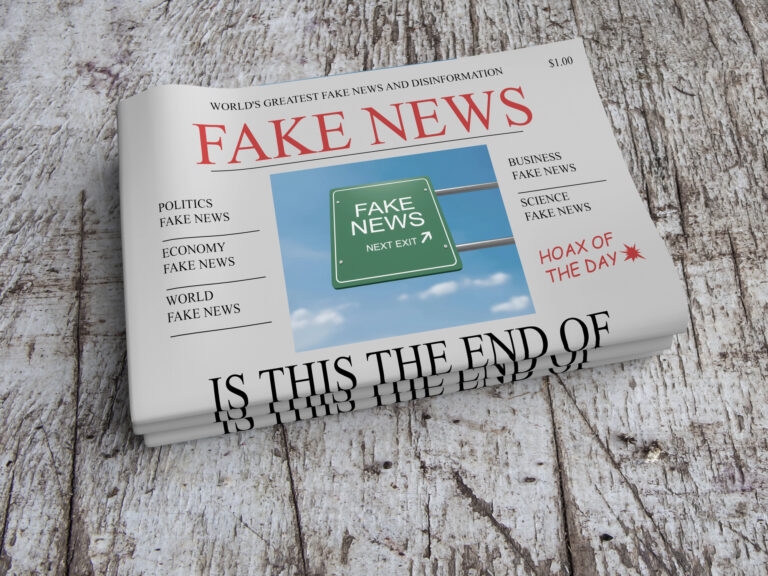Environmental Philosopher
The distinction between an environmental philosopher and an environmental activist primarily lies in their roles, objectives, and methodologies, though there can be overlaps. Here’s a
Critical thinking is the ability to analyze, evaluate, and question information objectively to form well-reasoned judgments and solutions. Join us as we aim to stimulate discussion, encourage curiosity, and promote deeper understanding through thoughtful analysis and dialogue.
The distinction between an environmental philosopher and an environmental activist primarily lies in their roles, objectives, and methodologies, though there can be overlaps. Here’s a

Financial Scams: A Growing Threat in the Digital Age Financial scams are increasingly prevalent in today’s digital era, exploiting the internet’s reach to deceive unsuspecting

Ultra-processed Food: Navigating the Risks with Critical Thinking In today’s fast-paced world, ultra-processed foods have become a staple in many diets. These foods, often marketed

Environmental Challenges and Critical Thinking: Fighting for a Cleaner Future Environmental challenges like chemical contamination and ocean plastic pollution demand innovative solutions, bold action, and

Understanding Religious Fanaticism and Cult-like Sects: A Critical Thinking Approach Introduction Religious fanaticism and cult-like sects have been pervasive throughout history, often wielding profound influence

The Most Peaceful places on Earth and Their Ideological Roots The most peaceful places on earth. A difficult challenge to identy, but we have a

Ideology Versus Philosophy: A Comprehensive Exploration The concepts of ideology and philosophy are often conflated, yet they serve distinct purposes and operate in different realms

Understanding Religious Fanaticism and Cult-like Sects: A Critical Thinking Approach Introduction Religious fanaticism and cult-like sects have been pervasive throughout history, often wielding profound influence

Political disinformation: A Threat to the International Political Landscape The key difference between misinformation and disinformation is that misinformation refers to false or inaccurate information

Definition and importance.
The difference between critical thinking and skepticism.
How it applies to everyday life.

How information shapes beliefs and decisions.
Why it is more important now than ever.
Overview of manipulation techniques (distraction, emotional appeals, etc.).

How political language can obscure meaning or mislead (e.g., doublespeak, euphemisms).
Spotting emotional manipulation (fear-mongering, scapegoating).

How to evaluate political promises and accusations.
Fact-checking and reliable sources.

How to critically assess political platforms, speeches, and debates.
The role of confirmation bias in political choices.

Sensationalism in health reporting.
How health scare stories can manipulate through fear.

How to interpret medical studies and scientific reports.
Common logical fallacies in health debates (appeal to authority, false cause, etc.).

How misinformation can affect public health (vaccines, pandemics).
Ways to assess conflicting information in health crises.

How economic data can be manipulated or presented misleadingly.
Assessing the validity of economic forecasts and claims.

voiding scams and get-rich-quick schemes through critical thinking.
Understanding risk and reward in financial decisions.

How science is often misrepresented in media.
Differentiating between credible research and pseudoscience.

Why it’s crucial for sound judgments.
How to evaluate scientific claims (peer review, replicability, etc.).

How to critically evaluate debates on climate change, energy, and sustainability.
Spotting fallacies in environmental arguments.

How companies use psychological tactics to influence purchasing decisions.
How to assess product claims and avoid manipulation.

The role of algorithms in shaping our views.
How to avoid echo chambers and confirmation bias online.

How to respect different beliefs while thinking critically about them.
The practice itself and ethics in discussing sensitive topics.

Daily practices for honing your skills.
How to remain open-minded but discerning.

The role of critical thinkers in promoting informed public discourse.
Encouraging a culture of questioning, not cynicism.